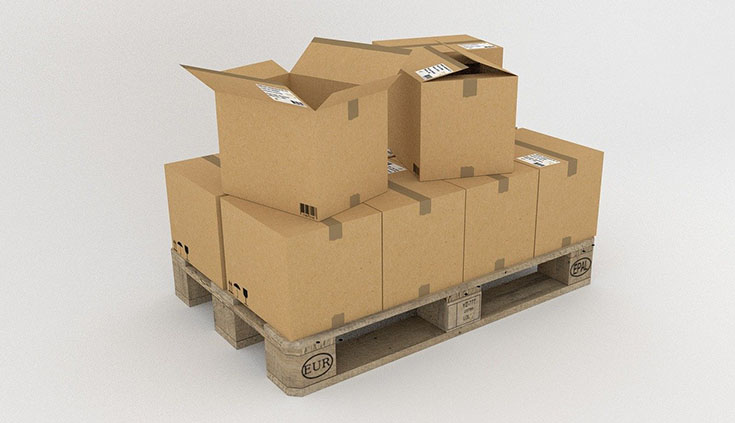When we think of quality, we may think of meeting the requirements set by a customer. In the future, requirements may include not only those from customers but also those from society. This is part of Quality 5.0 and the SIQ management model. This is why it is so important to study quality development methodologies and tools to see if they are useful for identifying and meeting the requirements of both customers and society.
The context of my study is the freight transport industry, a low-margin industry that is under great pressure to reduce its environmental impact.
To begin such a study, I have chosen to look at a societal requirement that is both critical and current, environmental sustainability. Environmental sustainability is becoming a societal requirement for companies in all industries. The context for my study is the freight transportation industry, a low-margin industry that is under great pressure to reduce its environmental impact. Unfortunately, in this business area, environmental sustainability is not a prioritized customer requirement, making it difficult for companies to justify large investments as time and cost are still the customer's priority.
Can process management work to pursue environmental sustainability?
Process management is a Total Quality Management (TQM) methodology that has been used in several industries to improve business performance. Process orientation and customer focus allow companies to identify and satisfy the current and latent needs of their customers. The question thus becomes; Can process management work to strive for environmental sustainability? The purpose of my study is therefore to explore the possibilities of using process management as a tool to reduce the environmental impact of SMEs in the freight transport industry.
Reducing environmental impact appeals to customers
The principles of process management already exist within companies and are needed for the implementation of the methodology. The tools of process management can be associated with environmental actions carried out by companies and reduce their environmental impact. The study confirmed that the implementation of process management should be gradual to avoid underdeveloped management systems and to increase the chances of success of the methodology. The company can then select tools based on where it is in the implementation process. In addition, environmental initiatives can be integrated at each stage of implementation. A surprising finding from the study was that reducing the environmental impact of their services can interest current customers and attract new ones.
Some challenges include resistance to change, lack of knowledge and resource constraints.
With process management implementation, as with other business changes, there are some challenges such as resistance to change, lack of knowledge and resource constraints. This leads to the process management adaptations required to increase the environmental sustainability of companies in the freight transport industry. First of all, the methodology needs to be simplified so that companies can carry out the implementation with the resources at their disposal. Some requirements should be met for successful implementation such as clear communication from management, training of employees and involvement of all employees.
The study was conducted with an action research approach, in collaboration with two Swedish freight transportation companies and is part of a research project at Linköping University. This study is included in my licentiate thesis.
With kind regards,

